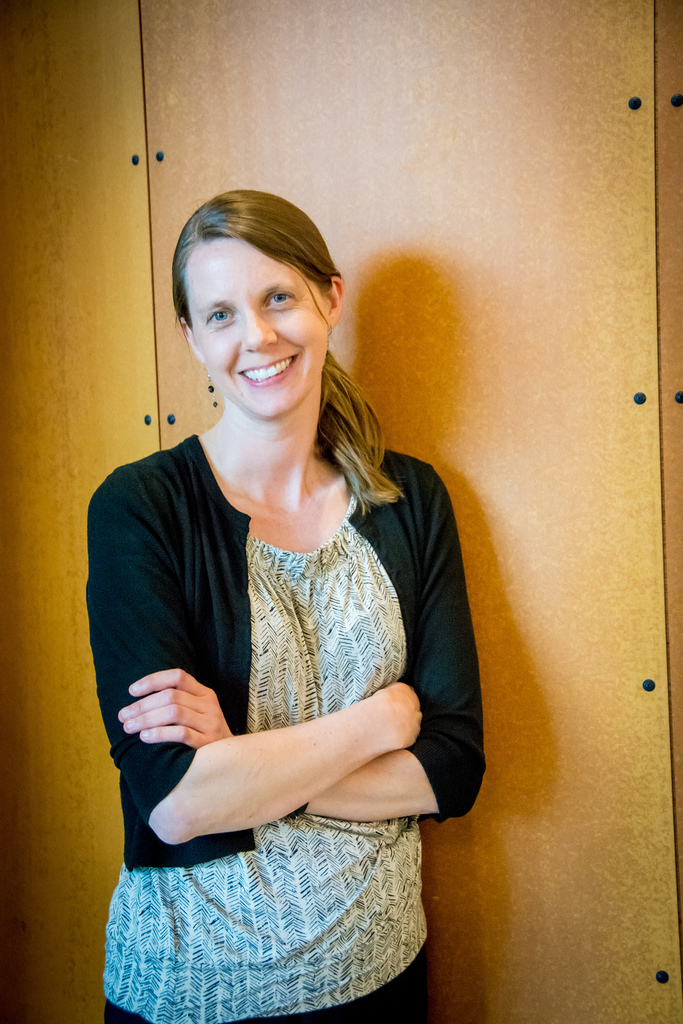Lexington, Kentucky
Emily Fridlund’s debut novel, History of Wolves, was a finalist for the 2017 Man Booker Prize, won the Sue Kaufman Prize for First Fiction from the American Academy of Arts & Letters, was a finalist for the PEN/Robert W. Bingham Prize for Debut Fiction, and was a New York Times Editors’ Choice, among other honors. Her story collection, Catapult (Sarabande, 2017), won the Mary McCarthy Prize in Short Fiction. Her creative work has appeared in a variety of journals, including Boston Review, ZYZZYVA, New Orleans Review, and Southwest Review.
Fridlund grew up in Minnesota and now resides in the Finger Lakes region of New York, where she is a visiting scholar in the Department of English at Cornell University. She received an MFA in fiction at Washington University in Saint Louis and a Ph.D. in literature and creative writing at the University of Southern California in 2014. Her graduate research was a study of simultaneity in modernist and contemporary narrative.
Emily's workshop in fiction is: The Queen Died Too. What makes for a compelling plot? How do you bring a story’s elements together in a moving way? E. M. Forster famously defined plot in terms of causality: “‘The king died and then the queen died’ is a story. ‘The king died, and then the queen died of grief’ is a plot.” Forster’s classic definition, however, fails to account for the all the subtler narrative structures that allow a story to accumulate meaning through other means: simultaneity, associations, layers, and silence. In this two-day workshop, we will consider plotting in the broadest of terms, playing with a variety of models for generating momentum and meaning in our work. We will experiment with a plurality of approaches to plotting and return to our own fiction with fresh ideas for shaping our raw stories.